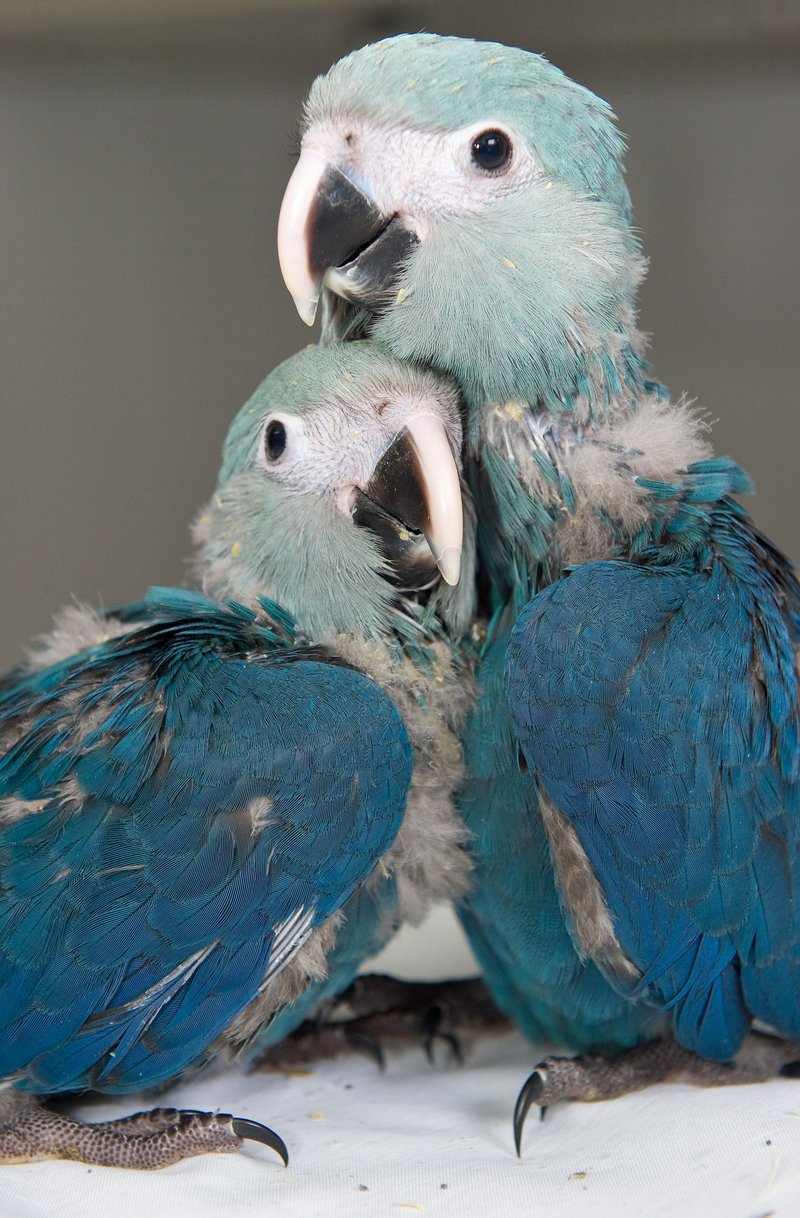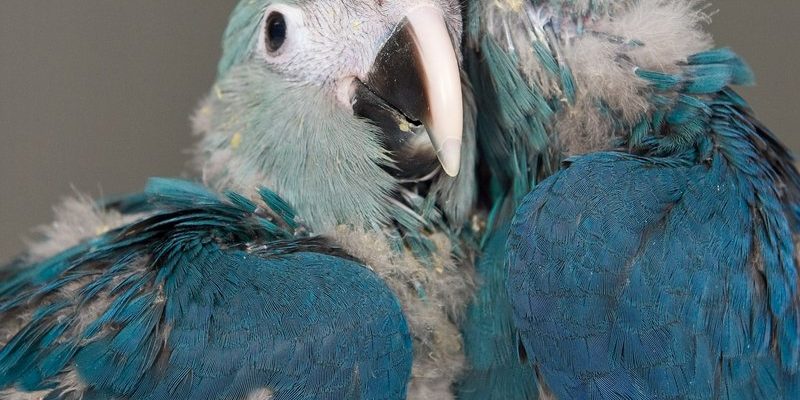
Raising young macaws is a fascinating process that unfolds against the backdrop of tropical forests. With their striking colors and social personalities, these birds not only capture our imaginations but also display amazing parenting skills. Let’s dive into the wonderful world of macaw parenting and explore how they ensure their young ones grow up healthy and strong.
Choosing the Right Nesting Site
When it comes to raising their young, macaws put a lot of thought into where they build their nests. They prefer high-up locations in tall trees, often using natural cavities or hollows. Think of it as choosing the best safe haven for your kids, away from the hustle and bustle. This high altitude helps shield the chicks from many ground-based predators like snakes and even other birds.
Macaws are picky about their nesting sites—not just for safety but also for the right environment. The ideal tree is often close to food sources, helping parents easily gather the necessary seeds and fruits to feed their young. This choice is not just smart; it’s essential for survival. If you were a macaw parent, you’d want to ensure your home is cozy and convenient too!
Egg Laying and Incubation
Once a macaw pair has settled on a nesting site, it’s time for the female to lay her eggs. Typically, she will lay two to four eggs, which are usually white and oval-shaped. Nesting is a shared responsibility, but the female does the lion’s share of incubation. She will sit on the eggs, keeping them warm and safe while the male brings her food. Imagine a loving partner bringing dinner while you take care of the little ones—what a team!
The incubation period for macaw eggs lasts about 28 to 30 days. During this time, the male stays nearby, keeping watch for any potential threats. This can be a nail-biting time for the parents, as they’re fully aware that the longer the eggs are left unattended, the risk of predation increases. Honestly, it’s a delicate balance of trust and vigilance.
Caring for the Hatchlings
Once the macaw chicks hatch, the real adventure begins. The babies are totally helpless—blind, featherless, and reliant on their parents for everything. It’s like having a newborn at home, needing constant attention. The parents take turns feeding the chicks a mix of regurgitated seeds and fruits, which provides them with the nutrients they need to grow.
Interestingly, macaws also tend to be very vocal during this time. You might hear a chorus of soft chirps and squawks as the chicks beg for food. This communication is crucial; it helps the parents know who needs feeding and when. Just picture a busy kitchen where everyone is talking over one another, but it all works out in the end.
Protection from Predators
In the wild, dangers lurk around every corner. For macaw chicks, the risk of predation is high. They’re vulnerable to animals like snakes, large birds of prey, and even other mammals. To keep their young safe, macaw parents often take turns watching over the nest. When one is out foraging, the other keeps a keen eye on their vulnerable little ones.
Camouflage is also essential. The darker and leafier their nesting site, the harder it is for predators to spot the nest. This natural disguise works much like a stealthy hideaway. The parents’ constant vigilance means they’re always ready to defend their young if necessary. It’s a brave and selfless act, showcasing just how much these birds care.
Teaching Independence
As the chicks grow, their parents start teaching them essential skills for survival. This stage is akin to a parent guiding their teenager toward independence. Around 10 to 12 weeks old, the young macaws begin to venture outside the nest for the first time. At first, it’s a bit awkward, like watching a toddler take their first steps. The parents encourage their young ones to explore while also remaining close by to offer guidance.
During this time, feeding evolves as well. Parents start bringing back different types of food to introduce their chicks to a varied diet. This exposure is crucial for their development. You can imagine it as a culinary adventure, where the little ones learn what’s tasty and what to steer clear of.
Fledging and Beyond
Eventually, the time comes for the young macaws to leave the nest altogether. This journey, known as fledging, is a significant transition. The chicks can fly, but they often stay close to their parents for a while longer. It’s a bit like those college years when teens still rely on their parents for support while learning to be independent.
During this phase, parental involvement is essential. Parents not only help their young find food but also teach them how to socialize with other macaws. It’s a crucial life skill, as these birds are incredibly social creatures. They need to learn how to interact, be part of a flock, and communicate effectively. Imagine the transition from home life to the social scene—it’s all part of growing up.
The Lifelong Bond
Even after young macaws have fledged, the bond between parent and child can remain strong. Family groups often stay together for a time, and parents continue to offer support. This nurturing behavior is a hallmark of macaw society. It’s pretty heartwarming to think about how much effort goes into raising these beautiful birds.
Ultimately, the process of raising their young is a testament to the resilience and dedication of macaws. They create a nurturing environment, fiercely protect their chicks, and guide them into the world with care. It’s a beautiful cycle of life that ensures future generations continue to thrive in the wild.
In conclusion, raising young macaws is a complex process filled with challenges and rewards. From choosing the right nesting spots to teaching independence, their parenting strategies are fascinating. These vibrant creatures remind us of the profound bonds and responsibilities within the animal kingdom. So, the next time you spot a macaw soaring through the trees, you might just appreciate the incredible journey they’ve had to get there.

